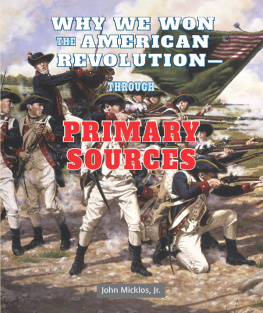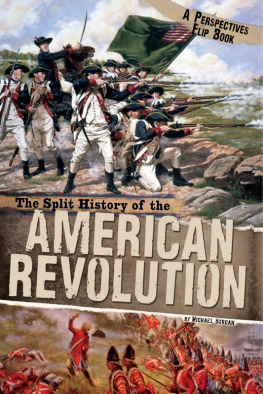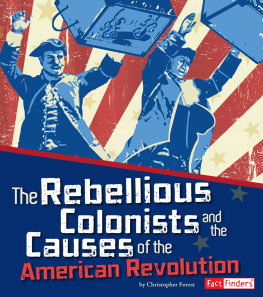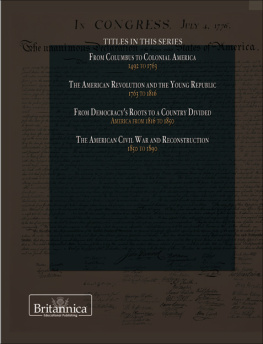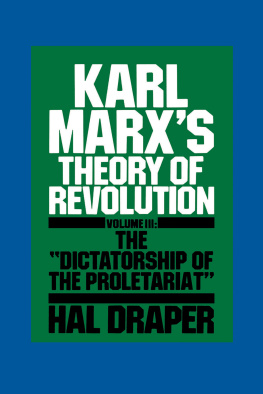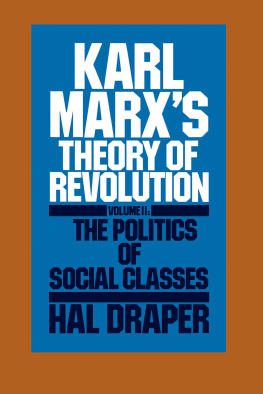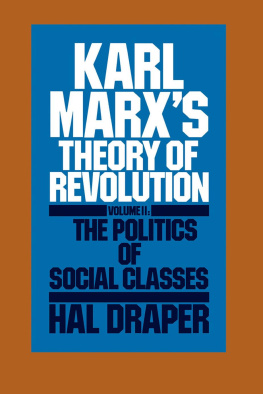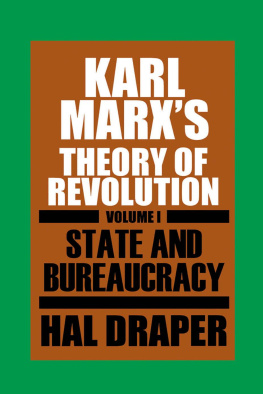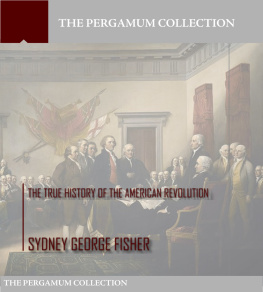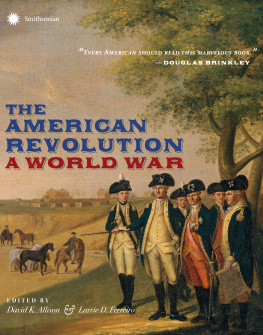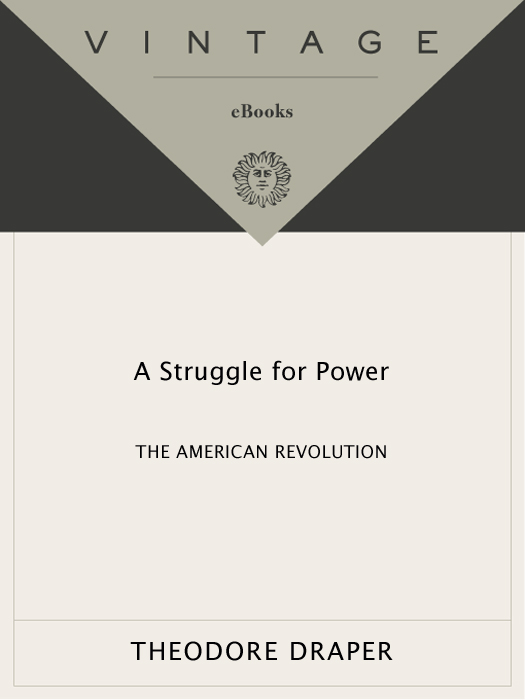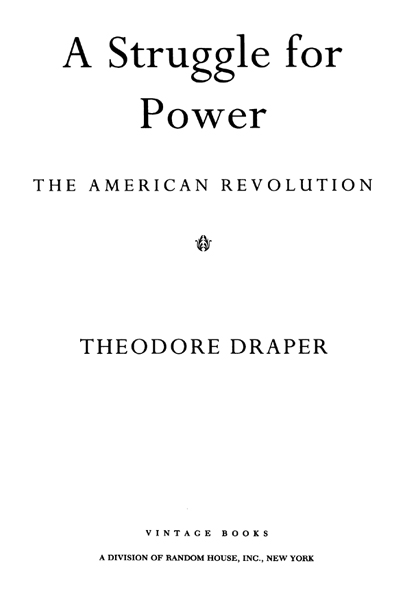ACCLAIM FOR THEODORE DRAPERS
A Struggle for Power
Gripping. [A] masterful narrative by one of our most acute political analysts. Draper brings to it an instinct for the jugular and a worldly perspective that make the Revolution more intelligible in human terms.
The New York Review of Books
Draper has given the historical kaleideoscope a vigorous shake, and has provided us with a fresh and stimulating view of the complicated circumstances that would give rise to the American experiment in democracy.
Chicago Tribune
Draper is remarkably accurate in his history of the colonies, and his judgments are often shrewder than those of many specialists.
Gordon S. Wood, The New Republic
A startlingly original and magisterial account of the causes and nature of the American Revolution.
Pauline Maier, The Nation
Fascinating. Draper has approached his subject with the same fresh eye and careful examination that made his customary work so challenging of conventional views.
Boston Globe
With acuity and balance Theodore Draper sets before us the great political and moral drama that led up to the American revolution. A great work.
Gore Vidal
THEODORE DRAPER
A Struggle for Power
Theodore Draper, winner of the American Historical Associations 1990 Herbert Feis Award for Nonacademically Affiliated Historians, is the author of numerous books, including A Very Thin Line: The Iran-Contra Affairs. A long-time contributor to The New York Review of Books, he is a Fellow of the American Academy of Arts and Sciences and lives in Princeton, New Jersey.
FIRST VINTAGE BOOKS EDITION, APRIL 1997
Copyright 1996 by Theodore Draper
All rights reserved under International and Pan-American Copyright Conventions. Published in the United States by Vintage Books, a division of Random House, Inc., New York, and simultaneously in Canada by Random House of Canada Limited, Toronto. Originally published in the United States in hardcover by Times Books, a division of Random House, Inc., New York, in 1996.
The Library of Congress has cataloged the Times edition as follows:
Draper, Theodore
A struggle for power: the American revolution/Theodore Draper.1st ed.
p. cm.
eISBN: 978-0-307-76000-5
1. United StatesPolitics and government17561775. I. Title.
E210.D73 1996
973.3dc20 95-11605
Random House Web address: http://www.randomhouse.com/
v3.1
For Roger
The real cause I consider to be the one which was formally most kept out of sight. The growth of the power of Athens, and the alarm which this inspired in Lacedaemon, made war inevitable.T HUCYDIDES
Scipio Nasica was against the destruction of Carthage because Rome needed a rival to keep sober and alert.A RNALDO M OMIGLIANO
Pour tre bon historien, il ne faudroit tre daucune religion, daucun pais, daucune profession, daucun parti.
Arnaldo Momigliano, Alien Wisdom (Cambridge University Press, 1971), p. 26.
.
CONTENTS
PREFACE
Why another book on the American Revolution? The answer is implicit in the title of this book. Over the many years that books have been written on the Revolution, there have been different interpretationsnationalist, Progressive, social, institutional, constitutional, imperial, ideological. It is obviously possible to learn from all of them, because the Revolution was not a simple, one-sided phenomenon.
Nevertheless, one interpretation may be more central to the nature of the Revolution than others. In my view, the Revolution was basically a struggle for power between Great Britain and its American colonies. Just what this means I prefer the body of this book to make clear. Others have touched on this aspect of the Revolution, but I do not know of any work which has attempted to develop it in much detail.
Since this book is not an academic monograph, I have not used unpublished material. The wealth of published documentation and special studies is so great that it is almost impossible for a single human being to master all of it. I decided that the published material was quite enough for my purposes. The reader will find a great deal of reliance on primary sources in published documentation, for which reason I am most indebted to the various editors who have labored to make them available.
The reader will also find a good deal of citation in the words of the original documents. My aim has been to let many of the actors speak for themselves. In this way, I hope that the reader will gain a more immediate impression of ideas and events than might be possible if I merely summed up what they had to say. I have also kept the original spelling, which is almost always quite clear or at most demands a little effort. I hope that the original spelling will bring the reader closer to the events and their protagonists. It should also be clear that I have not written this book for specialists in particular periods or subjects. My ideal reader is anyone sufficiently interested in the roots of the American Revolution to want to explore an interpretation of why and how it came about.
1
An accession of Power
1
I N 1759, A PAMPHLET WAR of peculiar intensity and significance for the future of the American colonies erupted in England. Before it was over, a large number of pamphletsthen the favorite form of political controversywere fired off in the effort to influence the British government and public opinion.
Great Britain was then at the turning point of the Seven Years War, the greatest of the wars in a century of wars. The main enemy was France, long the dominant power in Europe. It was the first true world war, fought in Europe, the West Indies, North America, even India, and wherever the antagonists could get at each other.
The American theater happened to be critical at both the beginning and the end of the war. The American phase came about as a result of a scramble for land in the Ohio valley beyond the Allegheny Mountains. A group of Virginia speculators, organized as the Ohio Company, received a grant of 200,000 acres on condition that it would build a fort to protect prospective settlers. The French in Canada claimed the same territory and were determined to prevent their rivals from settling it. Since the claims of both sides were equally vague and contestable, the decision was bound to go to the one using the most force. Only a spark was needed to start a conflagration.
The spark was struck when the French seized the proposed site of the Ohio Companys fort and constructed one of their own, Fort Duquesne, where Pittsburgh now stands. The lieutenant governor of Virginia, Robert Dinwiddie, who had been clamoring for action against the French presence in the Ohio valley, took the initiative to retake the French fort. The mission was given to Maj. George Washington, then twenty-two years old and an investor with his older brothers in the Ohio Company. Washingtons little band set forth in 1754, met a superior French force, fell into its hands as prisoners, and was lucky to get back disarmed but alive.
Washingtons mishapit was little more, since no blood had yet been shedfaced the British government with a difficult decision. Great Britain was unprepared for a land war across the Atlantic, but it was equally reluctant to accept humiliation and let the territory go to the French without a struggle. The war was made unavoidable by secret British instructions in December 1754 to the new commander in chief in the American colonies, Gen. Edward Braddock, to drive the French out of Fort Duquesne. In July 1755, Braddock attempted to capture the fort with about 1,400 British regulars and 450 colonials, the latter under now Lt. Col. George Washington. They met a force of about 900 French and Indians and suffered a disastrous defeat. Braddock himself was killed in a battle in the wilderness, and the French and Indian War, as the American phase of the Seven Years War came to be known, was set in motion.


